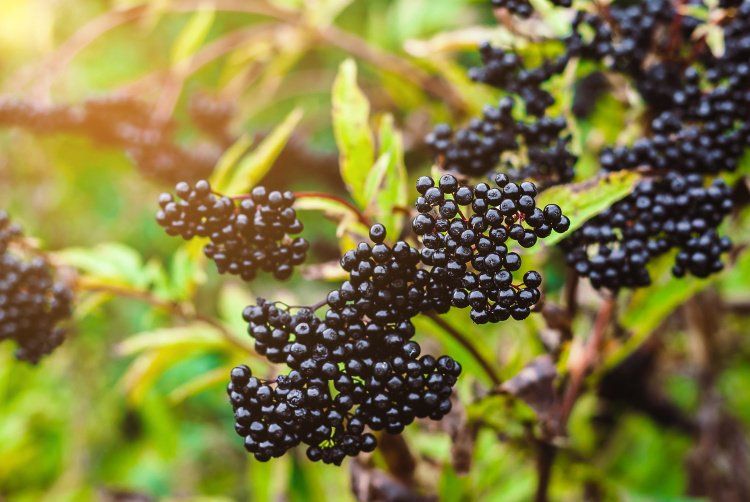Herbal supplement sales showed strongest sales growth since 1998, says HerbalGram
HerbalGram reports that sales increased by 9.4% in 2018 compared to the previous year. This is roughly a $757 million increase in sales and marks the strongest growth in herbal supplement sales since 1998.
Photo © stock.adobe.com/romankrykh

According to theHerbalGram Herb Market Report published by the American Botanical Council (Austin, TX), herbals supplements continue to significantly climb in sales, driven in particular by the sales of CBD, mushrooms, and immune support products. Based on US retail sales data provided by SPINS, the market research firm based in Chicago, IL, and Nutrition Business Journal (NBJ), the Boulder, CO-based publication of the New Hope Network, an Informa media company, HerbalGram reports that sales increased by 9.4% in 2018 compared to the previous year. This is roughly a $757 million increase in sales and marks the strongest growth in herbal supplement sales since 1998.
In addition to an increase in overall sales growth, total retail sales increased across the three channels monitored by NBJ: mass market, natural and health food, and direct sales. Sales in these channels grew 7.6%, 6.9%, and 11.8%, respectively.
A number of ingredients showed impressive growth across channels. Elderberry, for example, found itself among the top five best-selling herbs in both the U.S. mainstream multi-outlet and natural channel, according to SPINS sales data. Elderberry sales grew 138.4% to $50,979,669 in the mainstream channel and 93.9% to $25,374,666 in the natural channel. Another trending herb, ashwagandha, broke into the mainstream channel with a 165.9% increase in sales to $7,449,103, and remained in the top ten selling herbs in the natural channel with a 16.9% growth to $12,426,468.
While cannabidiol (CBD) did not make the list for top selling herbs in the mainstream channel, it did rocket up to the number one spot in the natural channel, increasing in sales by 332.8% to $52,708,488. This is the second year in a row where CBD sales grew by over 300% when, in 2017, total retail sales for CBD reached $7,583,438 in the natural channel. Unfortunately, the ingredient’s regulatory status may be keeping it from breaking into the mainstream channel as most mass market retailers are reluctant to take the risk. However, with the increasing pressure being placed on FDA by both the industry and Congress, a legal regulatory pathway may be imminent, at which point, the floodgates will open.
Other ingredients that showed a great deal of growth in the natural channel, pointing to potential mainstream popularity are mushrooms, generally, which grew in sales by 40.9% to $7,800,366. Most of these mushroom products were sold in the form of vegetable capsules and powders marketed for immunity or cognitive health. The sales growth, says HerbalGram may be attributed to the extended 2017-2018 flu season, but the demand for products marketed as adaptogens may further stoke sales growth.










